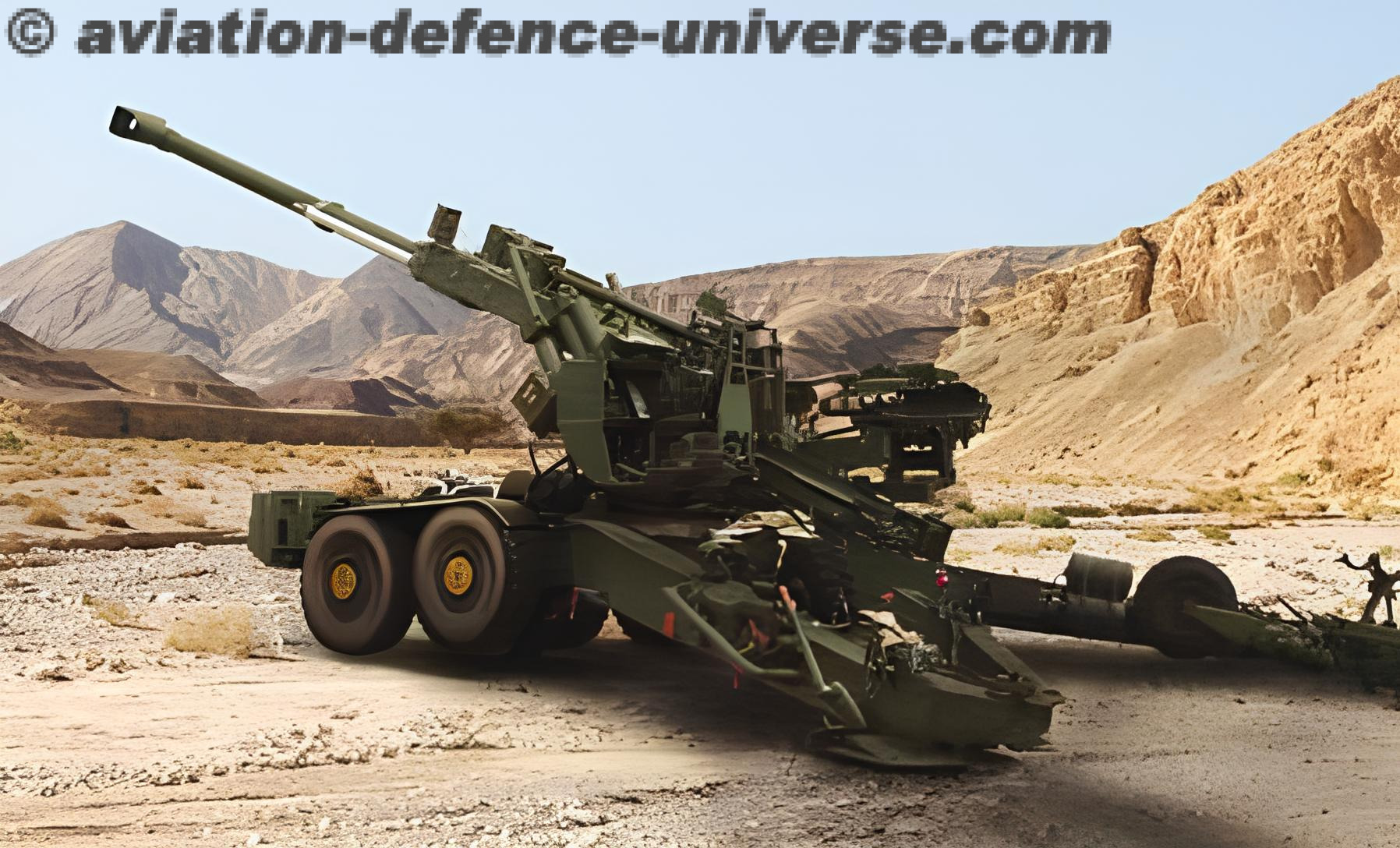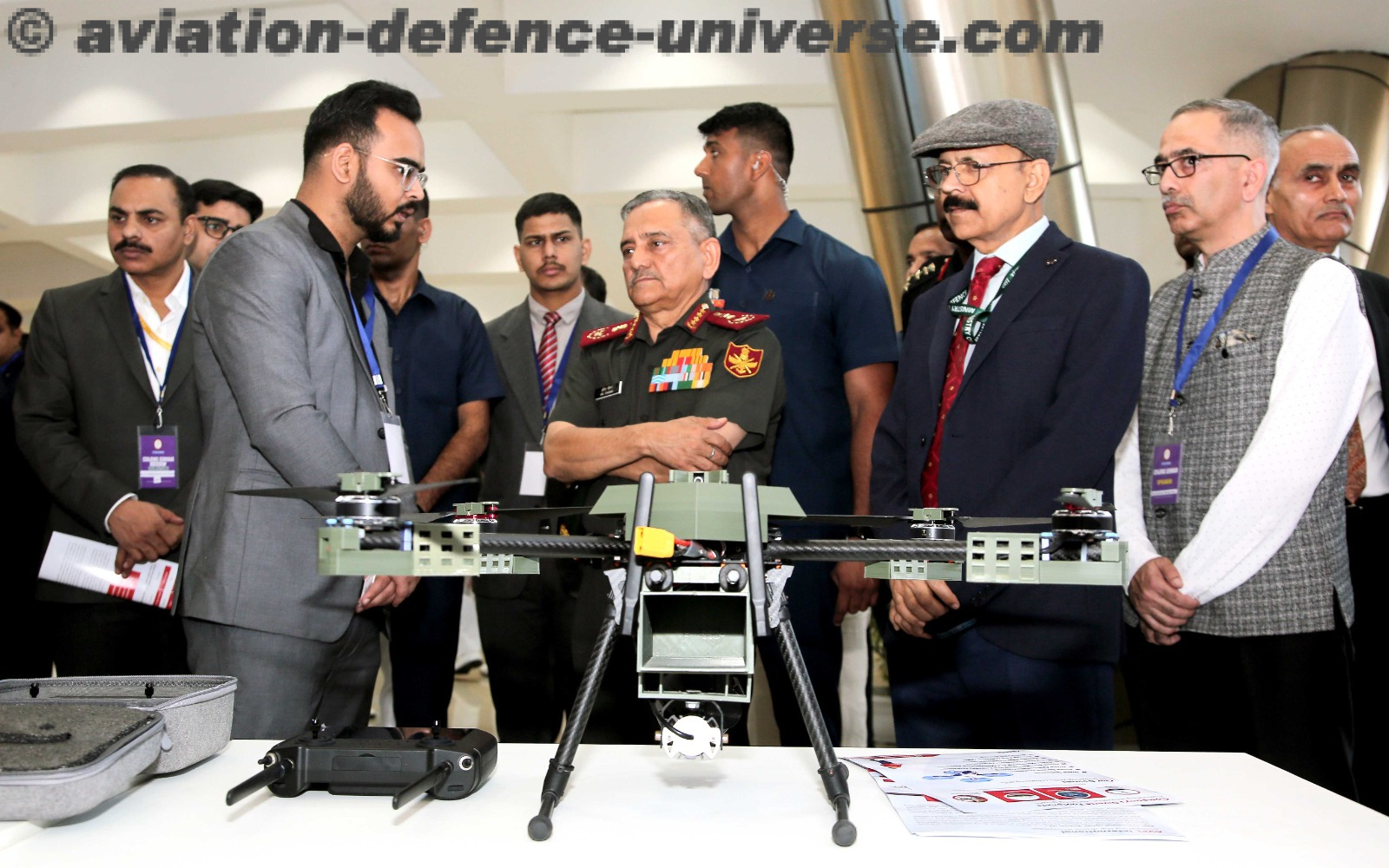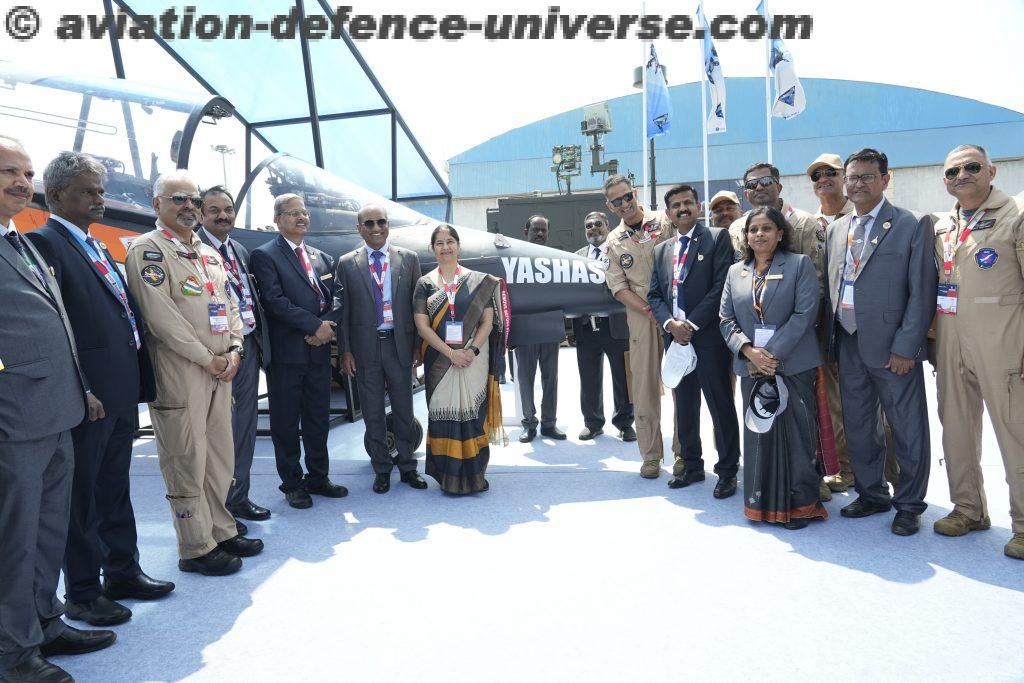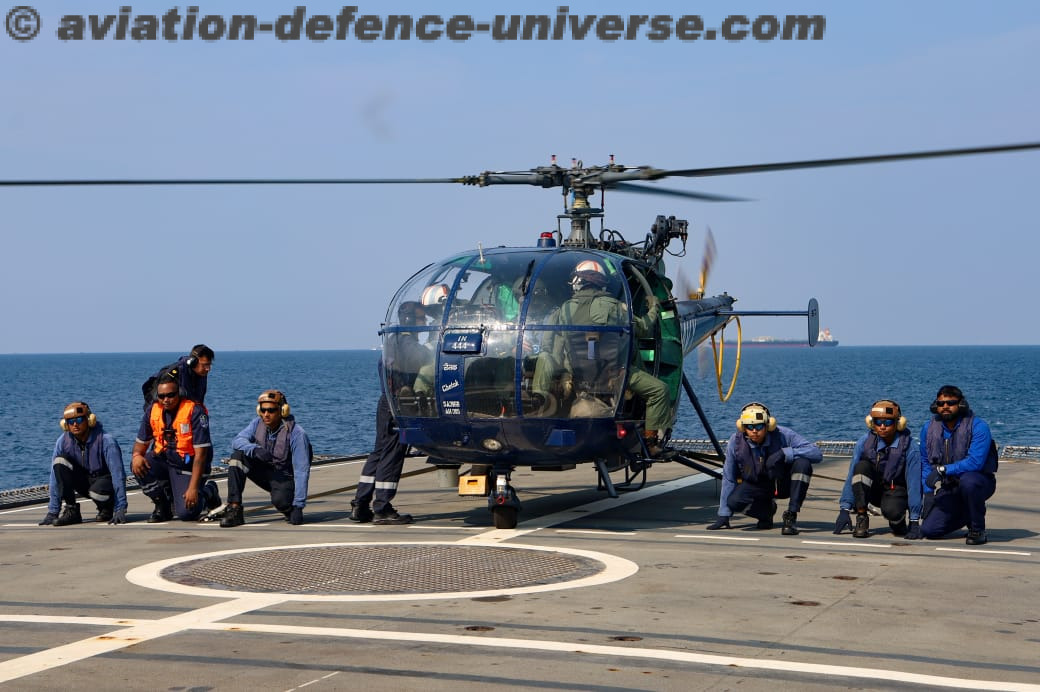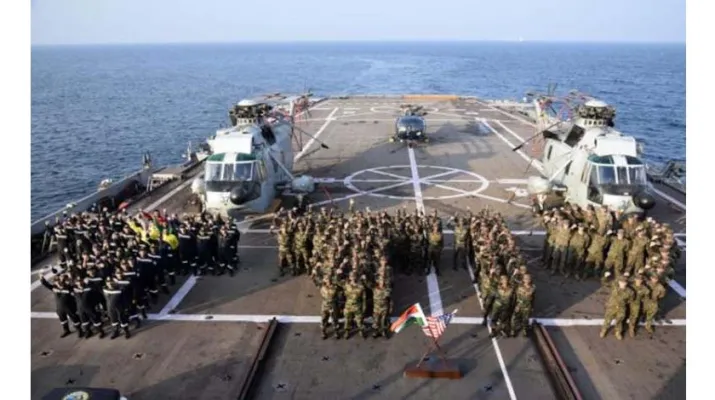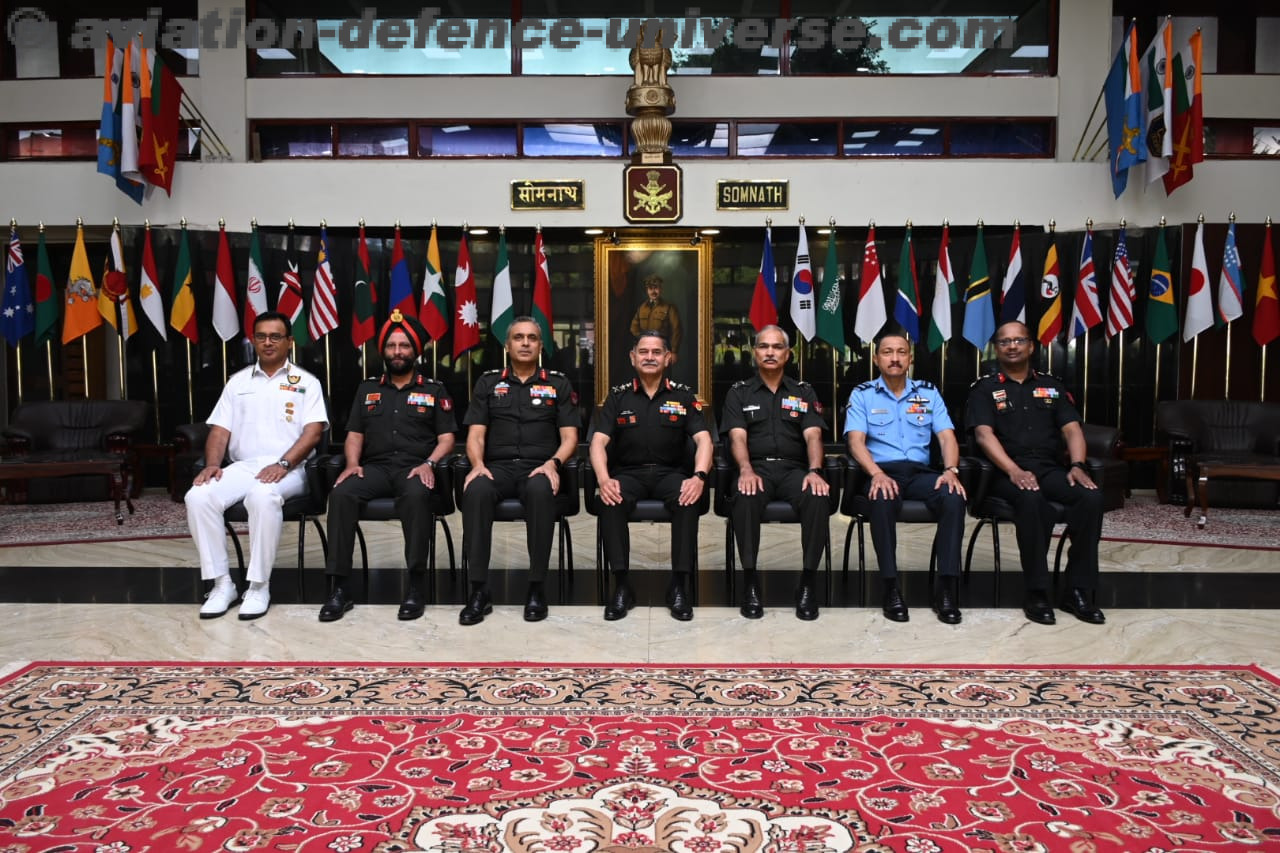- The multinational project managed by OCCAR today involves the participation of four countries and is of key strategic importance for Europe
- To date 20 systems has been already ordered, for a total of 60 aircraft. Each system will comprise three aircraft and two ground stations for the remote handling of the drone
Paris, 19/06/2023 – Leonardo will be developing the mission system for Eurodrone, the MALE-class (Medium Altitude Long Endurance) remotely piloted aircraft set to strengthen Europe’s strategic defence autonomy with high-performance independent operational systems. The aircraft’s Airborne Mission System (AMS) incorporates a suite of advanced sensors, including radar and the Multi Purpose Mission Computer (MPMC). Within the programme, worth a total of 7 billion euro, Leonardo is playing a key role through an industrial workshare regarding the on-board electronics and aerostructures component, which in addition to the AMS also includes the Airborne Electrical & Environmental Control System, the Airborne Armament System and the design and production of the aircraft’s entire wing structure.
Thanks to the Airborne Mission System’s advanced suite of sensors, the Eurodrone will be able to perform Intelligence, Surveillance, and Reconnaissance (ISR) missions at sea and on land, collecting and integrating data from the various on-board sensors – even in critical operational conditions – while also recording and sending it to the ground station and cooperating units to provide a complete tactical picture. The fusion of data in real time has the advantage of minimising the time and effort needed by operators to analyse and understand events that are happening in the area of interest, thus accelerating response times throughout the entire chain of command.
The design, development, integration and production phases for the AMS system will all take place at Leonardo’s Caselle Torinese location. The company will also be engaged in supporting the integration of prototypes at the Manching base and of flight testing activities in the relevant polygons. Through its joint venture MBDA, Leonardo will integrate the air to surface Brimstone missile. The weapon system will allow the platform to engage and neutralise a wide range of static and moving threats day or night in all-weather conditions. The multinational programme, managed by OCCAR (Organisation Conjointe de Coopération en Matière d’Armement), at present sees the participation of Germany, Spain, France and Italy and has orders for 20 systems, each made up of two ground stations and three aircraft plus Ground Support Equipment, spare parts, training and five years’ support
in the initial phases of the service.
The innovative technologies that the platform will have available, designed for dual-use purposes, will enable it to become one of the pillars of all next-generation aircraft systems for the benefit of national governments and armed forces. The twin-engine drone is the first unmanned aircraft system conceived for flying in non-segregated airspace. Its modular design will provide advanced operational capabilities for ISTAR (Intelligence, Surveillance, Target Acquisition, and Reconnaissance) missions, helping to expand the independent technology base in the uncrewed sector. Finally, taking the digital approach in drone design, production and services will make possible significant improvements in development times, quality and cost reduction, generating 7,000 highly qualified jobs in Europe.





